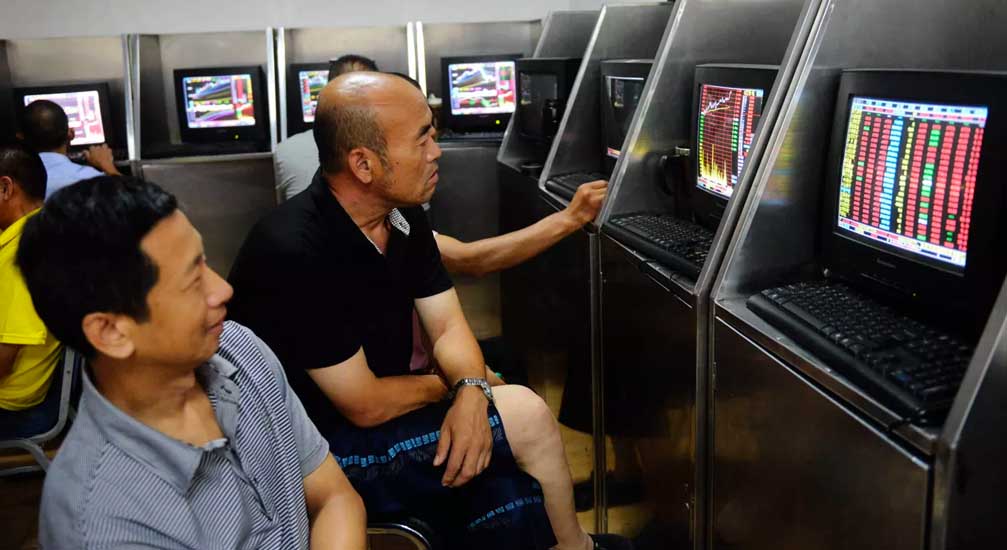An eastern Chinese city is now instructing its shops and restaurants to swap their Wi-Fi routers for government-approved routers or else pay a penalty. Stores located in Qingdao, Shandong Province will have to pay up to ¥100,000 ($18,589) if they don’t comply, according to Abacus.
Shops and cafes that offer Wi-Fi hotspots have received a notice from police to “improve Qingdao’s internet security management” by switching routers.
Abacus learned that the brand of router was Bihu (BHU), with the name roughly translating to Necessary Tiger.
Curiously, Bihu also offers a blockchain-powered smart router, but we don’t yet know if those are the routers police are issuing as replacements.
Vendors will either purchase the routers from the local government for ¥100 ($16) or pay ¥400 ($63) out of pocket themselves, depending on where in Qingdao their store is located.
Either method won’t be free, but the cost of a router pales against the potential fine. Qingdao police also state in the notice that they’ll pay about 8 fen (one cent) to each person who connects to the router every day, a measure that’s meant to gradually pay shops back.
In the past, Chinese routers from Shenzhen-based Netcore and DBL Technology were known to have backdoors that bad actors could exploit for access. DBL in particular later issued a new firmware patch to correct the issue.
BHU routers have also been found to have “multiple critical vulnerabilities” in a 2016 report. Bad actors could have potentially gained root access through the login credentials that are hard-coded on the router, which would permit hackers to eavesdrop on web traffic or redirect traffic to a specific location.
The security report noted how the vulnerability allowed an individual to brick the router by removing critical files.
It’s curious that police in Qingdao have issued a notice for government-approved routers, but other major cities like Beijing and Shanghai aren’t seeing the policy quite yet.
Qingdao is the home to electronics company Hisense and major appliance company Haier, but if the policy is meant to target tech companies, the city of Shenzhen would be a larger target than Qingdao.
The city Chifeng in Inner Mongolia offered free routers to shops in 2016, and cities like Xiamen have been reminded to install security systems.



















